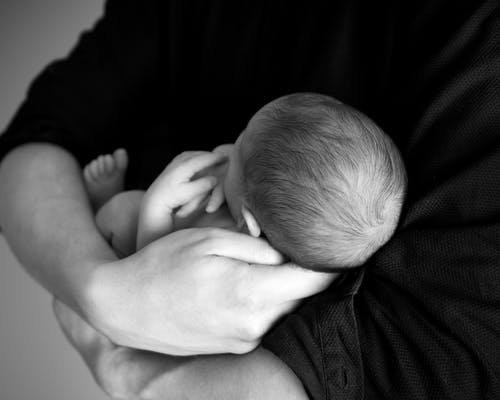A Guide to Recovering After a Traumatic Birth
Giving birth can be one of the most beautiful and natural things in life, but it’s no secret that it is painful and difficult. Every expectant mother hopes for an easy birth with no complications, but unfortunately, this isn’t always the case. Although healthcare has advanced enormously over the last century and childbirth has become a less risky practice, things can still go wrong and lead to a traumatic birth where both mother and child could be injured, or in the worst cases, killed. If you have recently given birth and your experience has left you traumatized, below is a brief guide outlining some basic steps you should take to help you recover.
Rest
It can be hard to rest with a newborn, but every mother needs to recuperate after childbirth. If your birthing experience has left you with injures and/or harrowing memories of the experience, you will feel even more exhausted both physically and emotionally. Everyone reacts differently to trauma, you might be an individual who tries to stay busy to distract yourself, but you must get some rest so that you can recover and process what has happened.
Therapy
PTSD can affect your day-to-day life, and although sometimes you might feel fine, you might also suddenly find yourself struggling with traumatic memories or feelings of depression, anxiety, or even rage. These are all normal reactions to trauma, but if you want to get past that and learn how to cope with these more challenging periods, you will need to talk to a professional for advice and support. Ask your doctor for referrals to a counselor who specializes in PTSD, or more specifically, traumatic births.
Legal Support
If your experience in childbirth was traumatic, and your child suffered a significant injury due to medical malpractice either during your pregnancy or during the birthing process, you could be entitled to some compensation. Meeting your child’s complex needs, including a range of therapies, specialist equipment, care, and home adaptations are all taken into account when calculating the appropriate amount of compensation required. You can get further advice on these proceedings by meeting with a solicitor who can tell you more about what you can do when your child has suffered injuries as a result of a mismanaged birth, such as a brain injury, and offer you their expertise.
Request a Copy of Your Labour Notes
When going through a traumatic experience, sometimes you might have gaps in your memory that can confuse what happened. This is likely to be a subconscious effort by your psyche to protect you from the pain of those memories, but if you’re finding this distressing, requesting a copy of your labor notes might help you fill in the blanks. This could be a positive thing, as having all the information could help you piece together the event and move forward.
Talk to Your Loved Ones
After a traumatic birth, you might find it difficult to discuss it with your partner or other loved ones. While it’s OK to take your time and understand why you might not want to talk about it, make sure you’re not shutting them out. Your partner, in particular, will be struggling with this as well, and you both need to support one another during this difficult time.
Trauma is difficult to navigate, and it can be a long road to recovery. However, with the right support, you can overcome it. Use these tips if you have recently had a traumatic birth and see if they can help you.
Read Also:



